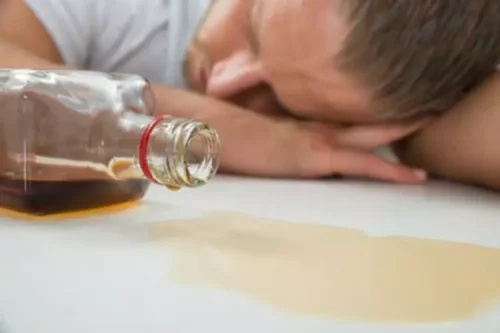How to Set Achievable Personal Recovery Goals

Building resilience is key when dealing with challenges and triggers. Skills to cope with stress, managing emotions well, and having a positive mindset can help overcome issues during recovery. Online resources like forums and social media platforms let individuals in recovery link at any time.
Develop a Structured Schedule
This blog post will discuss the importance of motivation in the recovery journey and suggest ways to maintain it, ensuring progress toward long-term sobriety and personal development. By taking the leap into recovery, you have already made the hardest move. In many cases of substance use disorders, the abuse prolongs because of an inability to see a problem and to accept responsibility for any bad actions that come from this disorder. Having made that stride, the next step is finding the internal motivation to not quit and to keep fighting everyday for a better life.
Power of Positivity

Many factors can trigger relapse among people in recovery, including cravings, memories and stress. Before committing to a life free of drugs and alcohol, people should understand why it is important to achieve sobriety. They need to learn that addiction is a disease that can hurt their loved ones as much as it hurts them. In the throes of addiction, it’s not uncommon for individuals to feel disconnected from what truly matters most to them. Activities, relationships, and principles that once held significant importance might have taken a back seat to the pursuit of addictive behaviors.
Challenges in staying motivated during the recovery journey
On the contrary, you are demonstrating the strongest side of your personality. You are showing people that you are strong enough to admit your mistakes and face your problems. This is a strength you will be able to take with you throughout your recovery and the rest of your life.
Although addiction tends to cut people off from longtime friends, social support is a significant predictor of recovery. They may know something about the person’s deepest aspirations recovery motivation and voice them as a reminder that can help the person remain on the road to recovery. And they can help plan healthy joint activities to ensure that there are good days.
Staying Motivated in Recovery
- Going beyond external rewards or consequences, it focuses on personal growth and self-empowerment.
- Prioritizing self-care is crucial for nurturing motivation and overall wellness.
- The success stories shared in these networks serve as reminders that no one is alone in their struggles and motivate them to carry on even when the going gets tough.
- Engaging with others in recovery establishes camaraderie and connection.
It is where circumstances create similar choices to hitting rock bottom. The addicted person is unable to take hold, but not ready to accept aid from outside. Others tell you it is time to let go, but what if there was something you could do? You would regret terribly not doing everything possible to bring about change. This is where it helps to have clarity about all the possibilities. Only then can you know you truly have done everything in your power.

All around you, you may be getting feedback from friends, family, doctors, and peers telling you why you have to recover, but this journey is yours to make and ultimately rests on you. It begins with you building your internal motivation to want to recover for no one else besides yourself. It can feel that way when you go to the liquor store, and you can’t seem to stop yourself. To take power away from a person or item, you need to acknowledge your power.

- The power of group therapy during rehab lies in its ability to promote peer support and encouragement, which can be instrumental in preventing feelings of isolation during recovery.
- You’ve spent so much time with the addict version of yourself that a new image can be quite jarring at first.
- This support system can include family, friends, and addiction treatment professionals.
- Now that you are sober and your days of being an alcoholic are over, you can focus on the things you didn’t get to accomplish.
